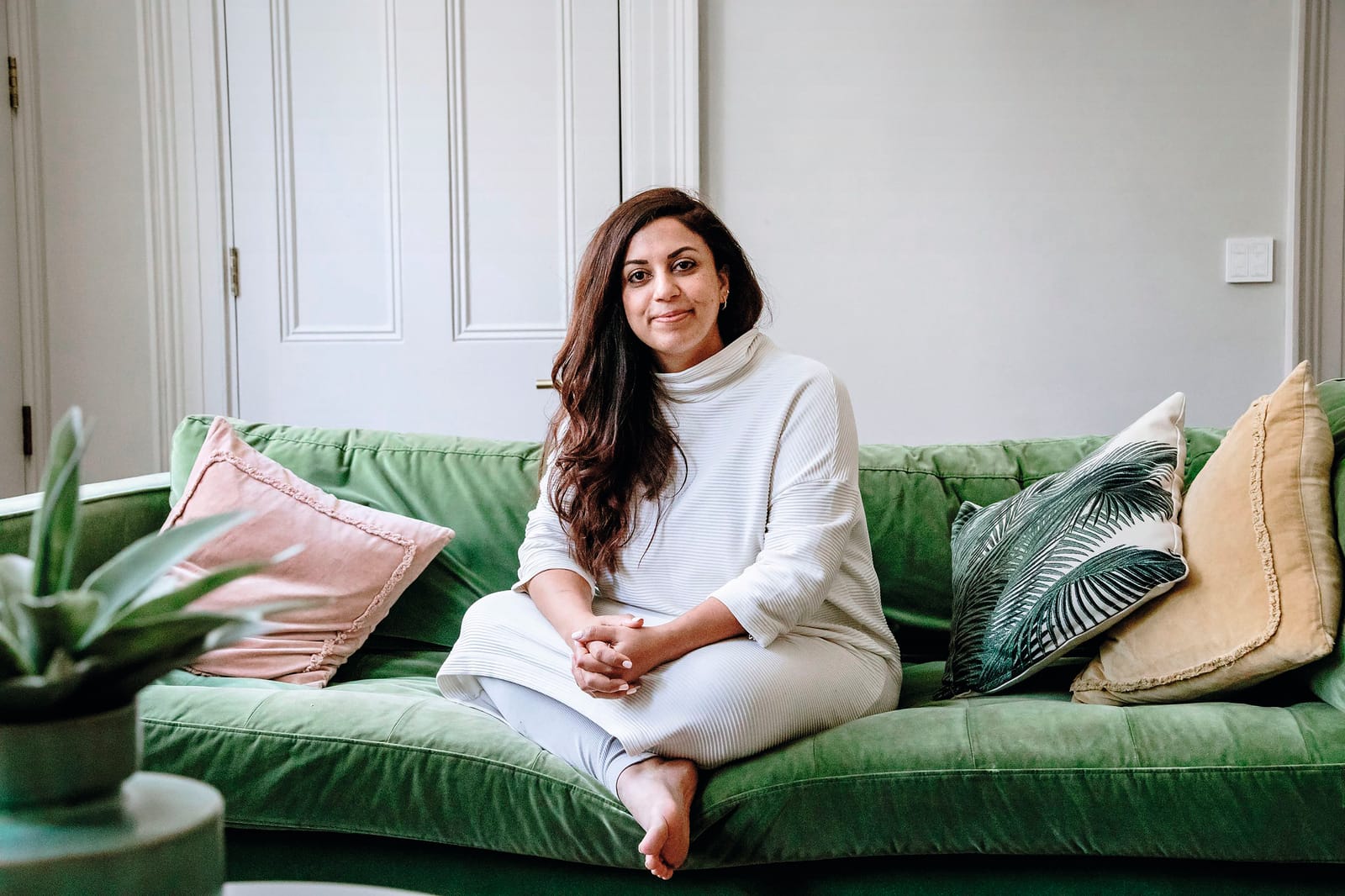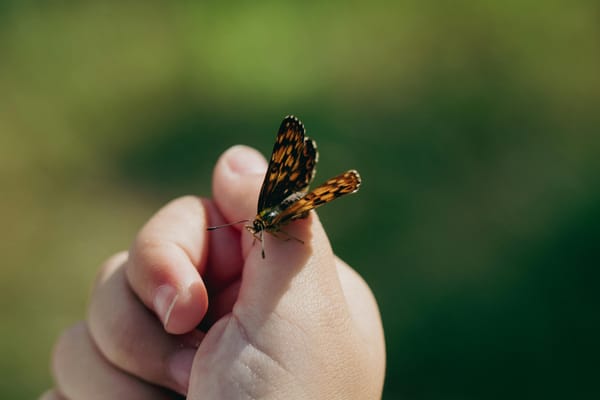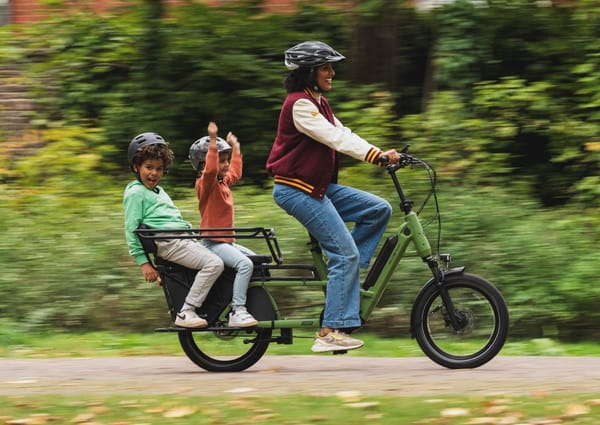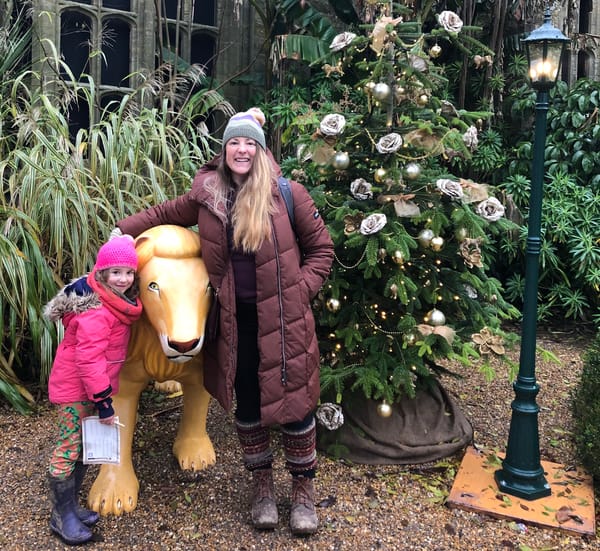Clinical psychologist Dr Emma Svanberg has worked with parents and families for over 20 years, and is known as the ‘Mumologist’ because she works predominantly with mums and mums-to-be. Her clear, parent-focussed work provides a scaffold for parents under pressure, and is distilled into her thoughtful, insightful book, Parenting for Humans, out now
Can you tell us about your background?
I was brought up in Newcastle upon Tyne and now live in Brighton. I’m mixed race (Sri Lankan and Swedish) which has definitely influenced my views and values. In 2008 I also became Jewish. I'm now lucky enough to be able to call myself both a psychologist and a writer.
Your father’s work sparked your interest in clinical psychology…
My dad, P.O. Svanberg, became interested in attachment theory when I was hitting my teens, and started a groundbreaking project called the Sunderland Infant Program. It supported families to build more secure bonds with their young babies. I did some work experience there, and was really privileged to take part in a Strange Situation experiment (one of the 'gold standard' assessments of attachment) and find about about the importance of that early relationship. As a teenager, I was determined not to be a psychologist, but it's in my bones!
Why do you enjoy working with parents and parents-to-be?
It encompasses so much. I work not just with the adult in front of me, but also the baby, or baby in utero and their partner, if they have one. I explore their family relationships, their own childhood, their ancestral legacies even! It’s never dull. Plus I get to spend a lot of time with babies, who are just pretty magical beings!
Where did your nickname, the ‘Mumologist’ come from?
I started a blog in 2010, after I had been working in SureStart for a couple of years. At the time I was working almost entirely with mothers. So it was just a bringing together of those two things - being a psychologist to mothers. I've actually been trying to change it for years because I now feel that it excludes dads, parents who don't identify as ‘mums' and other caregivers!
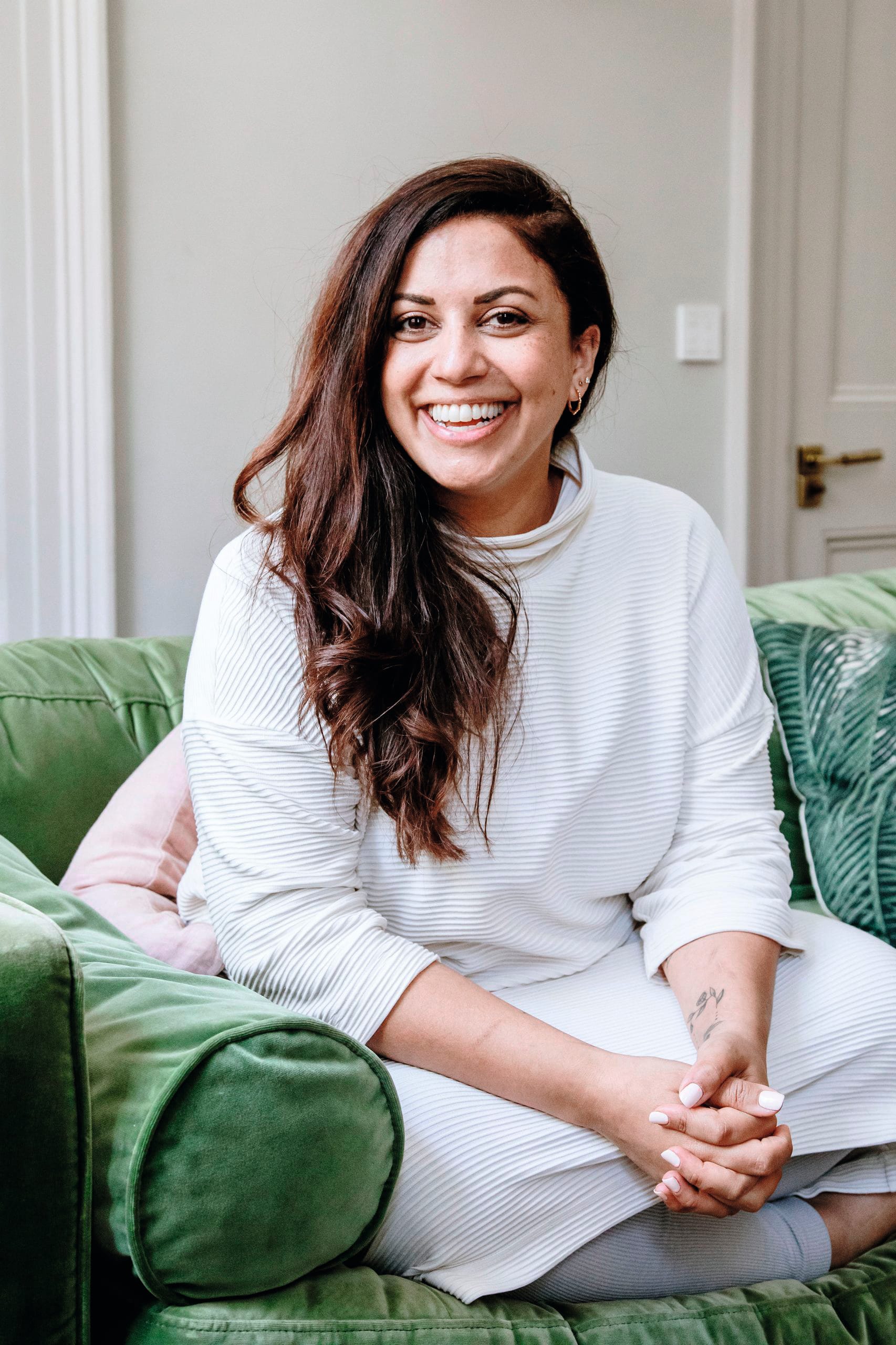
What’s the difference between a parenting book and a book about parents?
The vast majority of books about parenting are essentially a checklist of things to do that - inadvertently or directly - add an enormous amount of pressure to parents. Many create really unrealistic expectations, don't account for the circumstances that you are in as a family or the needs of your unique self and family. People feel that because they can't implement these ideas, they are failing in some way. I have seen this lead to a real rising of anxiety in parents, especially mothers, who just often have this persistent feeling that they are getting something wrong, or aren't doing well enough.
How does understanding what makes yourself tick affect your parenting, and how you might understand your child better?
We are not blank slates! We are whole, complicated, messy humans who have already lived a life before we become parents, exist in a messy, complicated world and with messy, complicated relationships! Not to mention all of our own experiences of being parented, of being a child, all the fantasies we hold about what being a parent will be like, what our child will be like and what family life should look like! When we understand ourselves, and what we bring, we own it. Then we are more able to see our children clearly, and see them as the unique humans they are, and can parent them according to what they need and who they actually are, and not from our own projections and ideas about who they should be and what we ourselves maybe needed.
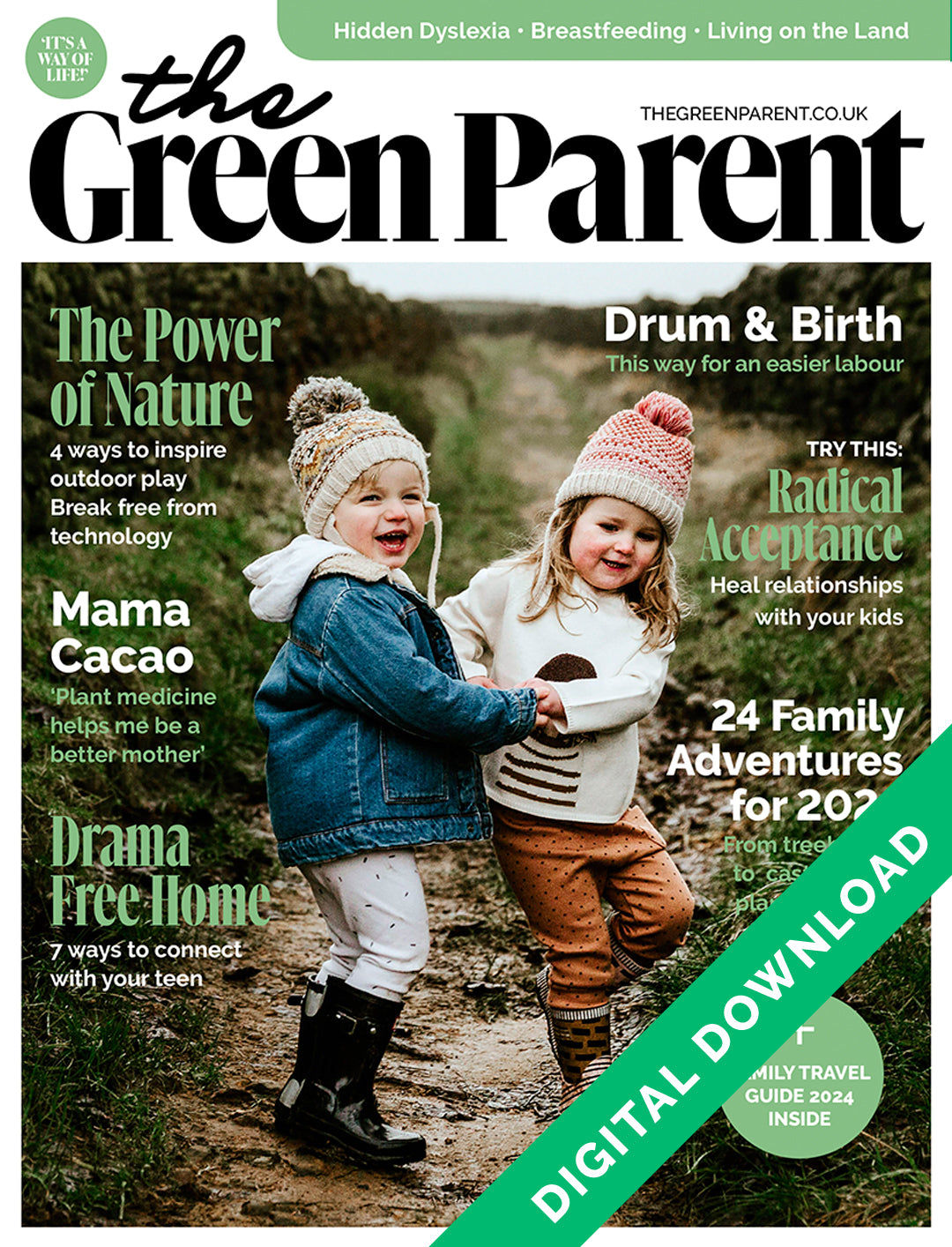
This article was first published in issue 117 of The Green Parent - Buy the issue here
I love the paragraphs in your book about how you’ve learned that most parents feel they are just muddling through, and that those who seem confident have just realised that it’s ok to muddle and make mistakes.
A huge part of my work is just reassuring parents that parenting is hard. And that finding it hard isn't a failure on your part. It just is hard! Acceptance of ourselves and our children is incredibly powerful, and leads to a much more collaborative and connected family life.
You warn that parenting can be painful, that you might feel sad reading parts of your book - why do you think that by uncovering your past pain and sadness you can become more at ease as a parent?
When we don't uncover it, it's not that it isn't there, it just pops up unexpectedly. Perhaps it pops up as us shouting at our child out of the blue, or bursting into tears when we see them receive something we really needed ourselves. We can feel proud of ourselves all the while feeling sad and angry with our child for having something we really wanted! Complicated isn't it? I think of it like carrying around a little kid within our bodies, who pops out and takes over our behaviour sometimes. When you open those doors, and look at the experiences you had, you get to take some of the sting out of those experiences. You get to talk to that little metaphorical kid, so that you can act more consciously and consistently as your adult self.
Do your kids still think that it’s hilarious that you’re writing a book about parenting?
Oh yes, my kids were not impressed with me being a pretty preoccupied and absent parent while writing a book to support other parents!!!
What’s next in the pipeline? What plans do you have?
We are currently on an unschooling journey which was unexpected and has taken me on a whole new path! So, at the moment, plans are very loose which is a lovely place to be.
MORE RESOURCES
READ Parenting For Humans, out now with Vermillion.


